Shortly after Silicon Valley Bank (SVB) collapsed on March 10, concerns arose about a “domino effect” on other regional banks in the US if regulators failed to find a buyer for SVB to protect uninsured deposits.
According to Reuters, SVB is the largest bank to collapse since the 2008 financial crisis. This has shaken the world's financial markets, leaving billions of dollars in deposits of companies and investors "trapped". The US Federal Deposit Insurance Corporation (FDIC) is looking for another bank willing to merge with SVB in an effort to resolve the crisis.
With $209 billion in assets and $175.4 billion in deposits as of the end of 2022, Santa Clara, California-based SVB is the 16th-largest bank in the U.S. It primarily serves startups and investors in Silicon Valley, and its size makes it a rare candidate for a deal like this.
Silicon Valley Bank headquarters in Santa Clara, California, USA on March 10. Photo: REUTERS
In addition, according to Bloomberg , the US Federal Reserve (FED) and FDIC are also considering establishing a fund that would allow regulators to protect deposits at banks in trouble following the collapse of SVB.
US authorities have discussed with bank leaders in the hope that this measure, if implemented, will help reassure depositors and prevent panic. In addition, the FDIC on March 11 also worked with leaders of many small and medium-sized banks on their financial situations.
SVB collapsed after a failed fundraising effort and a series of startups withdrew money amid concerns about its finances. SVB had been facing increasing pressure from a drying up of Silicon Valley capital due to slowing economic growth and rapidly rising interest rates.
Jonas Goltermann, an expert at Capital Economics (UK), told CNN that the reason SVB is in trouble is because it depends heavily on a few industries while most other banks have more diversified operations.
The California Department of Financial Protection and Innovation (DFPI) closed the bank and appointed the FDIC to handle SVB's assets. The White House said on March 11 that President Joe Biden spoke with California Governor Gavin Newsom about efforts to handle the crisis. "Everyone is working with the FDIC to stabilize the situation as quickly as possible," Newsom said.
Some experts and prominent investors warn that if no resolution is reached by March 13, other banks could come under pressure as people worry about their deposits. Financial consulting firm Kroll (USA) said that an SVB-style bankruptcy is unlikely to happen to a large bank, but small community banks are at risk.
Billionaire Bill Ackman also warned that failing to protect depositors in the SVB case could lead to a run on uninsured deposits at other banks. The FDIC said that by the end of 2022, 89% of SVB's $175 billion in deposits were uninsured.
However, some experts reassured that the impact of SVB's collapse would not threaten the safety and soundness of the US banking system. They also pointed out that SVB has its own business model, less dependent on individual deposits than traditional banks.
Global Impact
The collapse of SVB is having global repercussions, AP reports. From California wineries to European startups, everyone is struggling to find a solution after their banks suddenly shut down. Not only businesses but also their employees are worried because their salaries may be affected by the crisis. Many of SVB’s customers are startups. They deposit millions, even tens of millions of dollars in this bank to run their companies and pay their employees.
The Bank of England announced that SVB's assets in the country will be sold to pay creditors. Meanwhile, according to Bloomberg, shares of banks in Asia also fell due to the SVB crisis. However, the risk to this region is considered to be small thanks to stronger growth prospects, diversified customers of banks and improved asset quality...
Reuters on March 12 quoted South Korean Finance Minister Choo Kyung-ho as saying that they are closely monitoring any impact from the SVB crisis on domestic markets. However, South Korean experts believe that the impact of the incident will not spread to other financial systems.
In India, several startups like Bluestone, PayTM, One97 Communications & Bharat Financial Inclusion are worried that their raised funds could get stuck in SVB, leading to a cash crunch and forcing them to cut costs, delay projects or lay off employees.
Pham Nghia
Source


![[Photo] First training session in preparation for the parade to celebrate the 80th anniversary of National Day, September 2nd](https://vphoto.vietnam.vn/thumb/1200x675/vietnam/resource/IMAGE/2025/6/25/ebf0364280904c019e24ade59fb08b18)

![[Photo] General Secretary To Lam works with the Standing Committee of Quang Binh and Quang Tri Provincial Party Committees](https://vphoto.vietnam.vn/thumb/1200x675/vietnam/resource/IMAGE/2025/6/25/6acdc70e139d44beaef4133fefbe2c7f)

![[Photo] More than 124,000 candidates in Hanoi complete procedures for the 2025 High School Graduation Exam](https://vphoto.vietnam.vn/thumb/1200x675/vietnam/resource/IMAGE/2025/6/25/fa62985b10464d6a943b58699098ae3f)



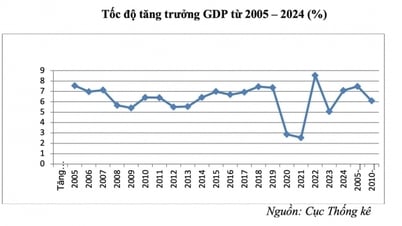









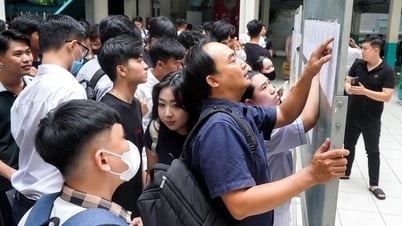
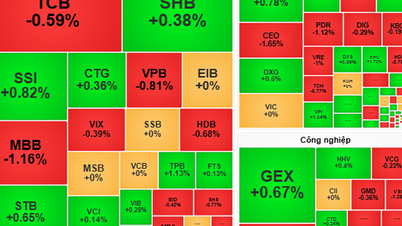





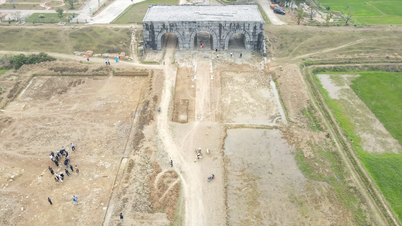





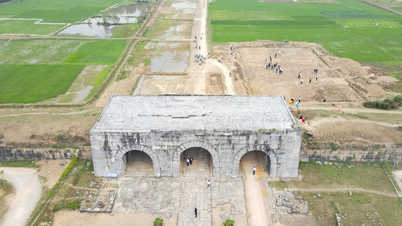














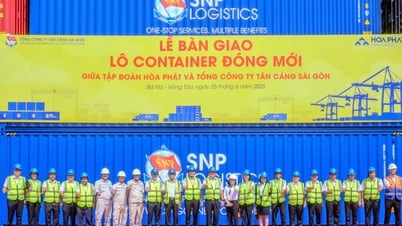






























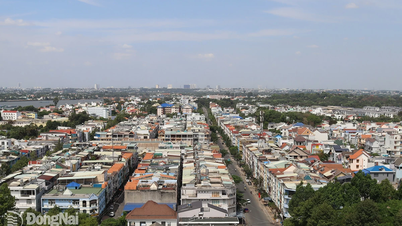






















Comment (0)